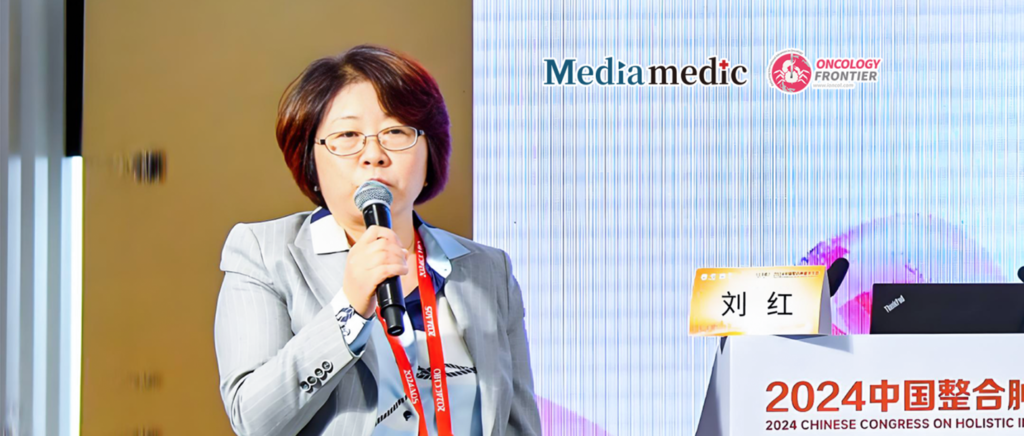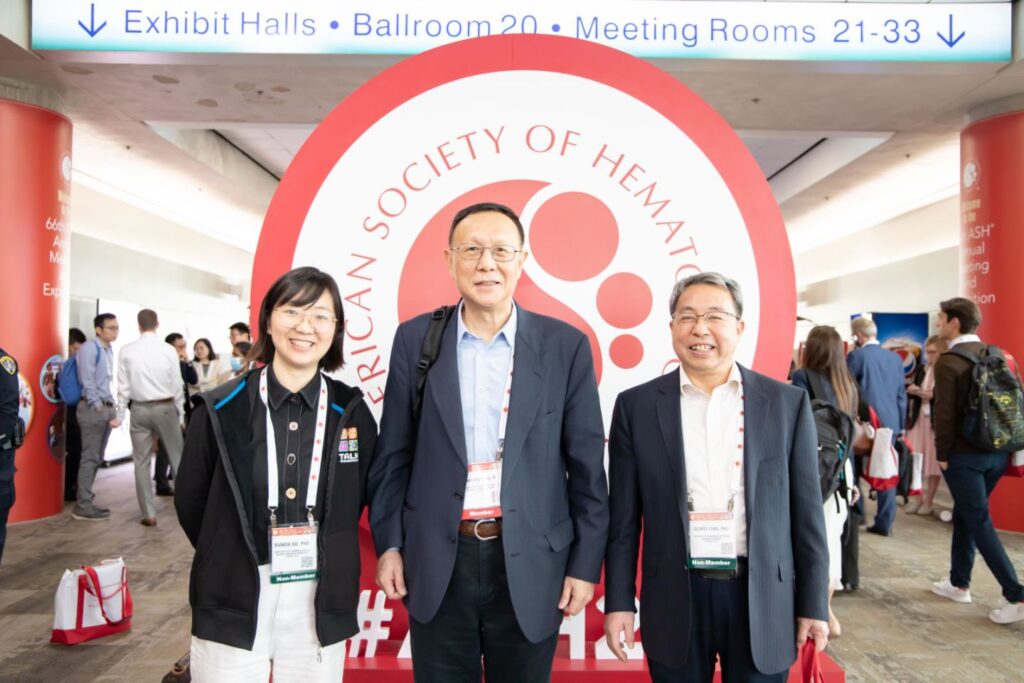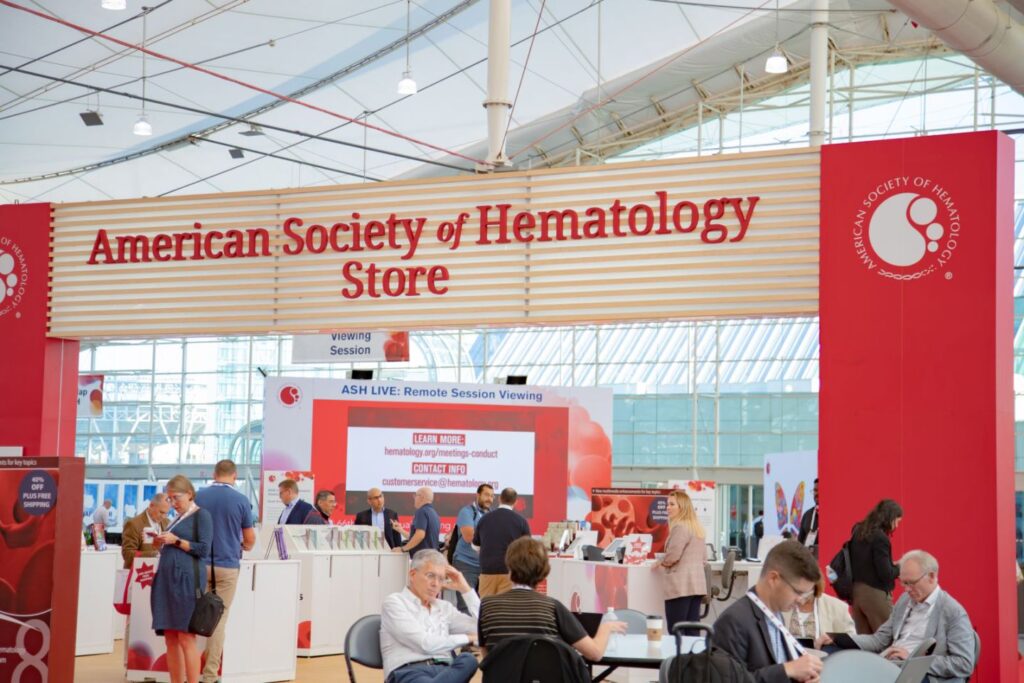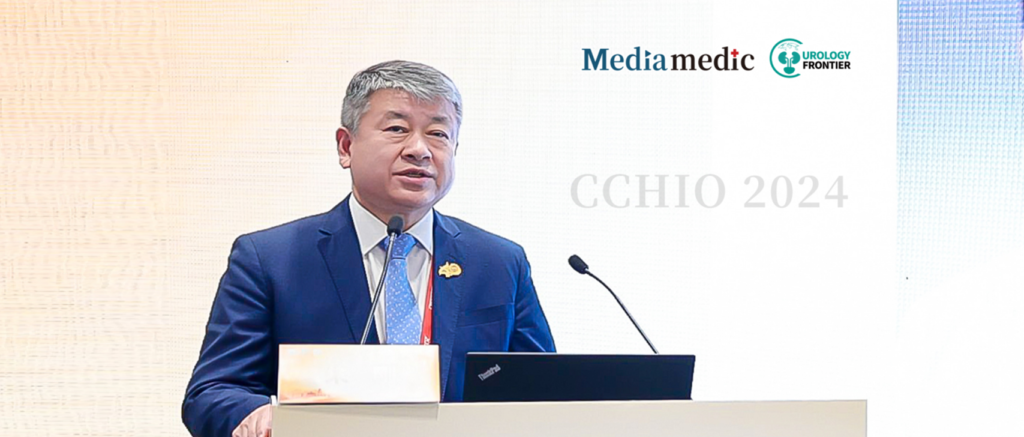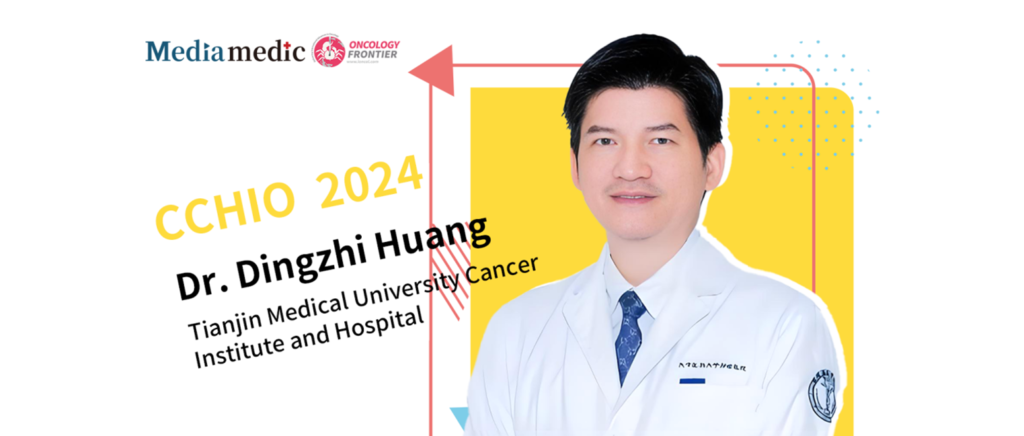Dr. Zhaochong Zeng: Advancing Liver Cancer Care with Targeted Radiotherapy Strategies and Dual MDT Approaches
China bears a significant burden of liver cancer. To prevent its onset and progression, the country, society, and countless physicians have undertaken extensive measures under the framework of "three-level prevention," achieving remarkable progress. With the increasing proportion of early diagnosis and treatment of liver cancer in recent years, a key focus for radiotherapy specialists has been how to precisely select appropriate radiotherapy methods for early-stage liver cancer patients to improve their prognosis. Oncology Frontier interviewed Dr. Zhaochong Zeng from Zhongshan Hospital, Fudan University, to discuss liver cancer prevention and control in China, explore strategies and advantages of proton therapy, brachytherapy, and combined radiotherapy with interventional treatments for early-stage liver cancer, and outline the role of the radiotherapy department in multidisciplinary team (MDT) development for liver cancer.

